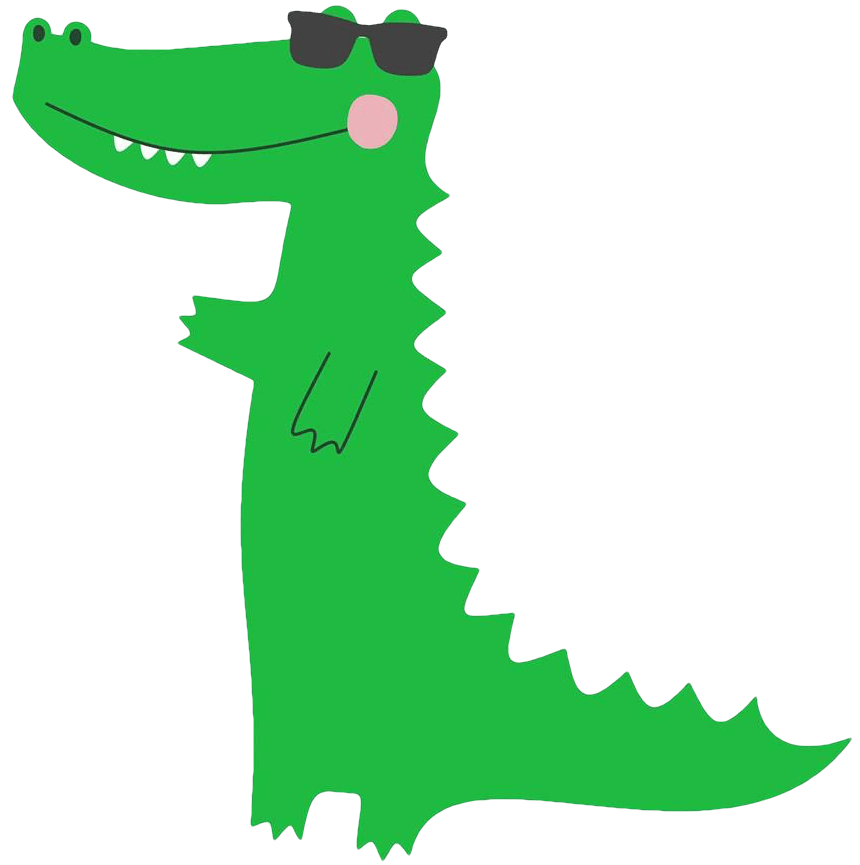 Get a Language Tutor
Get a Language Tutor
Etymology on Cooljugator
Cooljugator now has not only conjugation but also etymology data! Try out some etymology pages:
Cooljugator acquires Etymologeek!

Up to 2024, Cooljugator only served conjugation in 40 languages. However, Cooljugator is aiming to be the go-to resource for many languages: hence in 2024 Cooljugator acquired Etymologeek and also expanded its information with etymology information.
What is etymology?
Etymology is information on word origin: where does a word come from, what is its history. The unique thing about etymologies on Cooljugator is that we provide not only the text description but also a graphical representation (you can think of it as a family tree) of the etymology of each word we have.
What does this mean for CoolJugator and EtymoloGeek?
Both services will work together on CoolJugator.com! Verb conjugation is the modification of verbs from their basic forms. Etymology is information about word origin. CoolJugator will now combine both of these things into one service, and you will often be able to find not only conjugation but also etymological information for the same word.
Where do we get the data?
Our data is derived from open sources, primarily from the Wiktionary (licensed under the CC BY-SA license) or other public domain etymology data repositories. Much of the data has been automatically extracted: we have used tools such as Etytree by Ester Pantaleo to do that. However, we have also been gradually refining the data, making corrections, modifications, and manually reviewing some of the etymology entries.
Can I trust your etymologies?
No. Etymology is inherently speculative and uncertain. Moreover, some of the automated data extraction we have performed to build this has resulted in errors or inaccuracies. We encourage you to independently verify any data you see on our website, and we disclaim any responsibility for your use of or reliance on it. We also encourage you to submit corrections and report mistakes.